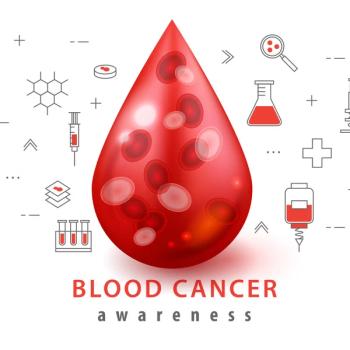
Yale researchers identify new biomarker panel to assess risk of chronic kidney disease progression in children

Yale School of Medicine researchers have identified a biomarker panel that improves the assessment of chronic kidney disease (CKD) progression in children. Their
Pediatric CKD can progress to kidney failure, requiring dialysis or kidney transplant. Due to high mortality rates among children with kidney failure, researchers have sought to improve the prediction of disease progression for improved clinical monitoring and clinical trial enrollment.
The study included over 500 children with CKD aged 6 months to 16 years from the Chronic Kidney Disease in Children Cohort Study. The investigators measured biomarkers in plasma and urine to develop a biomarker panel that significantly improved the prediction of CKD progression.
The panel built on previous work by
“While current clinical biomarkers only partially capture the variability of CKD progression, this research demonstrates that a combination of biomarkers which represent key pathways of kidney health can significantly improve risk prediction,” says Greenberg, associate professor of pediatrics (nephrology) and a member of the
“This research could help physicians with clinical monitoring and treatment strategies for individual patients, potentially slowing disease progression and improving long-term outcomes,” he says.
The study also highlights the importance of incorporating tubular health biomarkers into CKD risk assessment, “a factor often overlooked in clinical practice,” he adds.
“For kids and parents, knowledge of the risk of progression will allow those at higher risk to engage in preventative strategies, and those at lower risk to decrease the cadence of their medical visits, leading to less disruption of critical childhood experiences,” he says. “Better predicting outcomes in pediatric CKD demonstrates the power of personalized medicine.”
The project was conducted on behalf of the CKD Biomarkers Consortium, which includes collaborators from University of Colorado, Johns Hopkins University, Case Western Reserve University, Icahn School of Medicine at Mount Sinai, Perelman School of Medicine at the University of Pennsylvania, Boston University School of Medicine, University of Alabama, University of California, San Francisco, University of California, San Diego, Children's Mercy Kansas City, National Institute of Diabetes and Digestive and Kidney Diseases, Brigham and Women's Hospital, and Children's Hospital of Philadelphia.
The research reported in this news article was supported by the National Institute of Diabetes and Digestive and Kidney Diseases (awards K08DK110536, R01DK135650, U01DK085689, U01DK102730, U01DK103225, U01DK085660, U01DK085689, U01DK102730, U01DK103225, U01DK085660, and U01DK106982) and Yale University. The content is solely the responsibility of the authors and does not necessarily represent the official views of the National Institutes of Health.
Nephrology is one of ten sections in the Yale Department of Internal Medicine. Committed to excellence in patient care, research, and education, the section’s faculty and trainees aim to be national and international leaders in academic nephrology. To learn more, visit
Newsletter
Access practical, evidence-based guidance to support better care for our youngest patients. Join our email list for the latest clinical updates.






